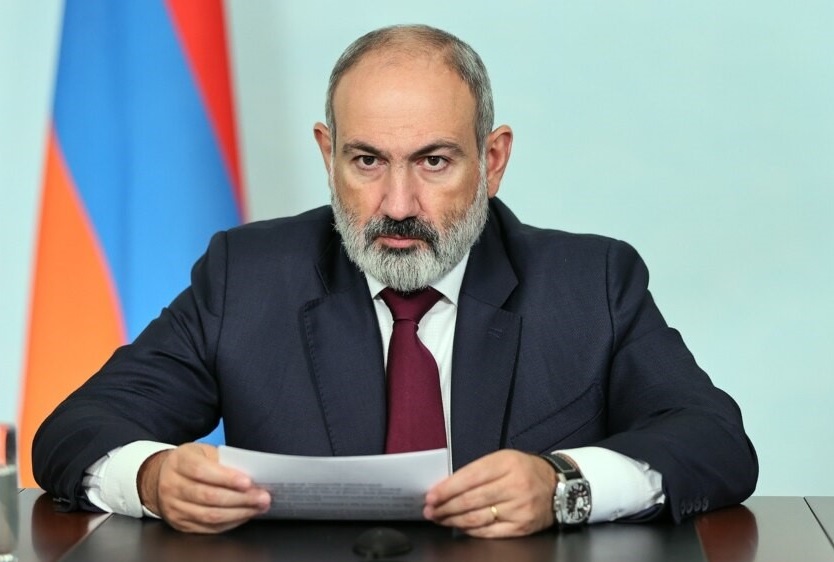Pasinyan extols Yerevan's economic growth and insists on peace with Baku
GDP growth of 7% expected thanks to the 'stability' maintained despite the conflicts. The premier is still aiming for a final peace agreement with Azerbaijan after the setback over Nagorno Karabakh: 'Complicated steps, but we are driven with conviction by the defence of our country's interests'. The still extremely precarious situation of the 100,000 refugees who fled the enclave.
Yerevan (AsiaNews) - The discussion on the next financial law has begun in the National Assembly, Yerevan's parliament, and Prime Minister Nikol Pasinyan tried to convey feelings of optimism in his initial report.
The government of Armenia expects to achieve GDP growth of at least 7% by 2023, with an average stable inflation rate. It would be the result of the end of the conflicts with Azerbaijan and the opening of trade relations with Turkey, Iran and Europe, while maintaining stable relations with the historical partner Russia, with which there has been no shortage of tensions lately.
As the Prime Minister underlined, "one of our greatest achievements is our macroeconomic stability, in a context very full of security threats and challenges, but which we have managed to maintain even in the face of conflicts and internal political instability in the country, not to mention the pandemic years."
Armenia confirms the economic growth trend for the second consecutive year, and there is hope for further progress. In the first 9 months of the year inflation always remained below 3%.
In the plans illustrated by Pasinyan, emphasis is placed above all on the concrete possibility of signing a definitive peace agreement with Azerbaijan, and also on an overall definition of relations with Turkey, the two historical adversaries of the Armenian people. The government "is aware that these are complicated steps", he acknowledged, but "we are driven with conviction by the defense of our country's interests".
With Baku, "the three fundamental principles" of security, the reopening of communication routes and above all the recognition of territorial integrity have already been established in various negotiations, which grants the Azeris sovereignty over Karabakh, but demands the definition of all areas of the border, to re-establish the dimensions of the "86,600 square kilometers of Azerbaijan and the 29,800 of Armenia". Pasinyan believes that "if we both remain faithful to the principles we have recognized, the settlement of open issues will be possible in a short time."
At the same time, after the visit of the representative of the European Council for Migrants and Refugees Leyla Kayacik, a package of European support measures is ready for the approximately 100 thousand refugees from Nagorno Karabakh in Armenia (including 30 thousand children), who continue to live in very precarious conditions. Together with non-governmental organizations, the refugee camps will be reorganized with a three-year plan in 2023-2026.
26/04/2021 13:41
21/01/2022 14:42







.png)










